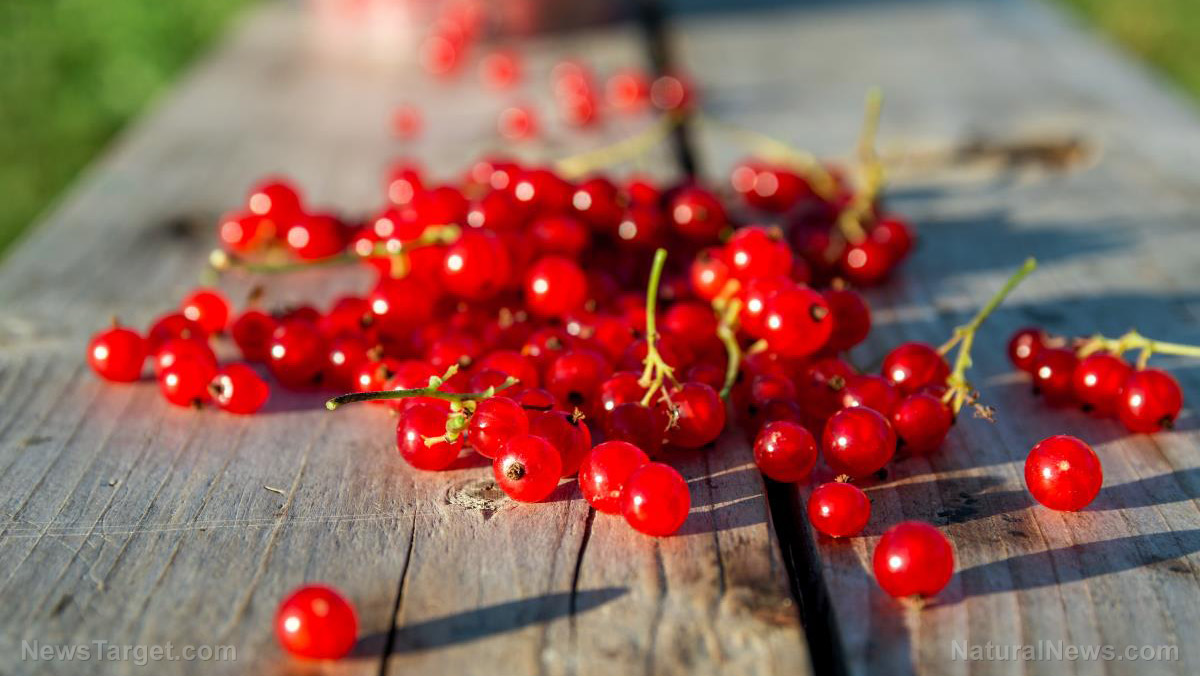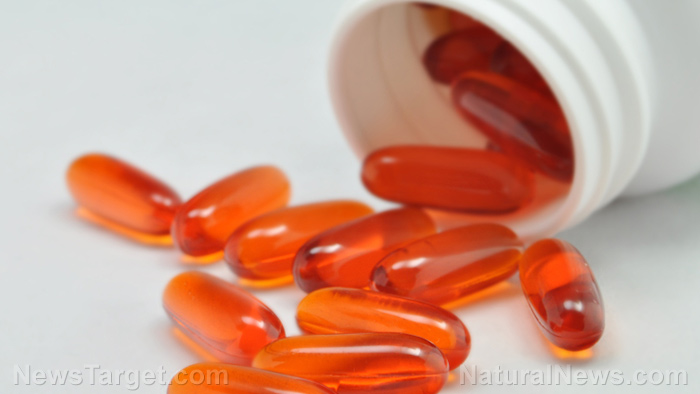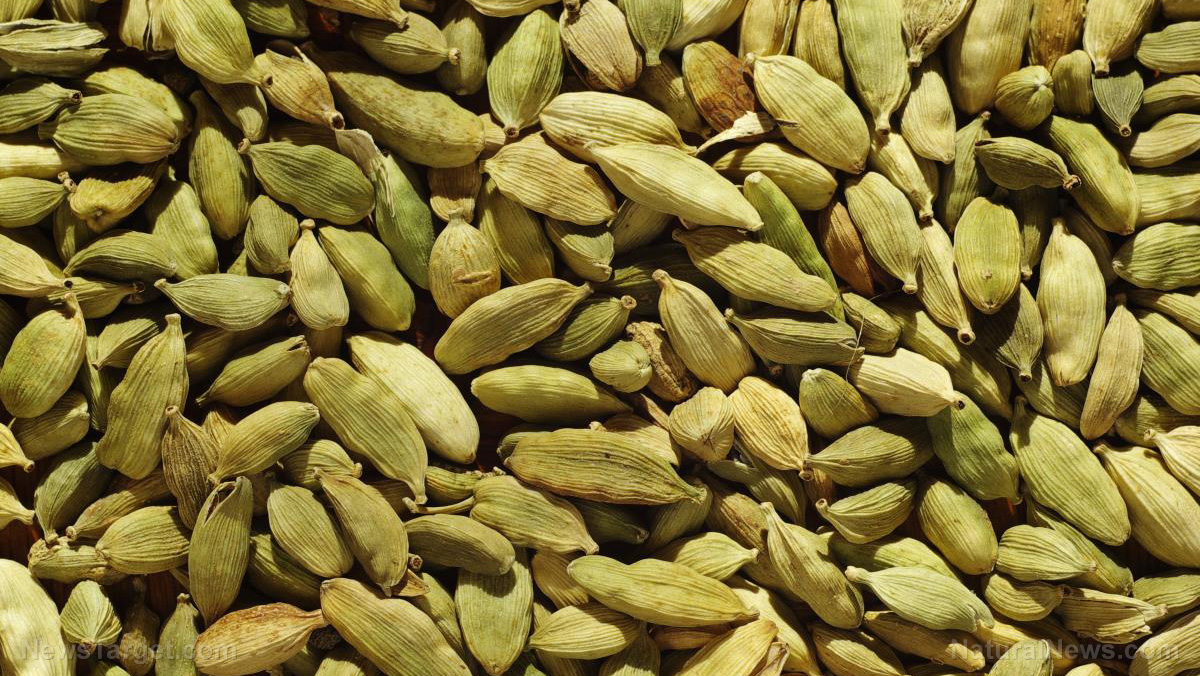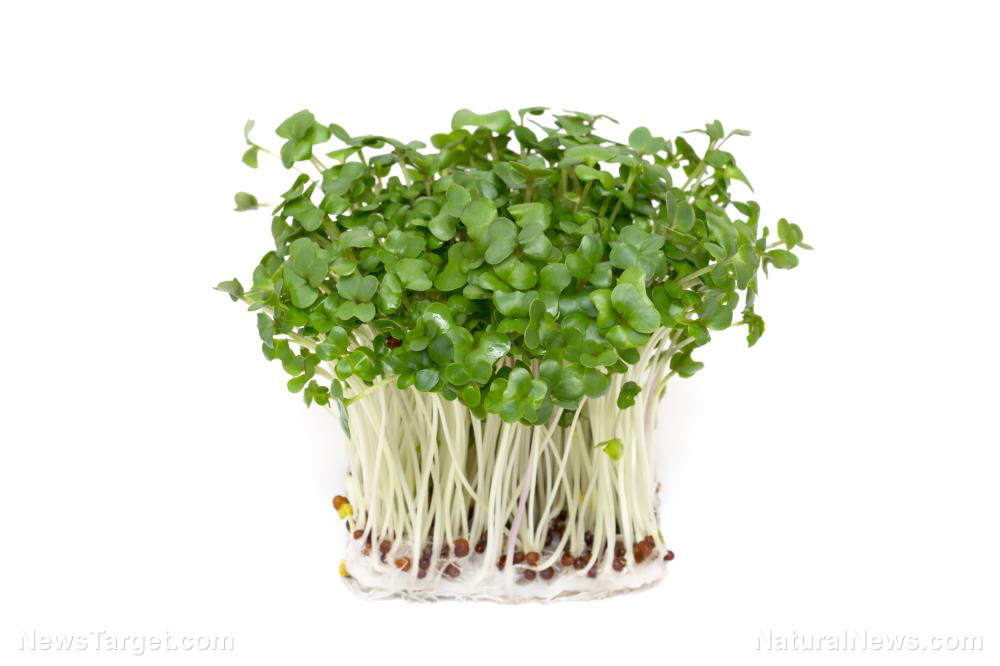A quick guide to supplements for vegans
11/28/2019 / By Darnel Fernandez

People following a vegan diet should always be on their guard against nutrient deficiencies. Vegans do not eat any animal products at all, including meat, dairy and eggs. Instead, their diet consists of plant foods such as fruits, vegetables, beans and whole grains – alongside a few nuts or seeds. Unfortunately, even with all these healthful foods, one common concern among vegans is that they still lack some of the vital nutrients the body needs to function correctly. To circumvent this problem, many vegans take nutritional supplements to help keep their health in tip-top shape.
Essential vitamins for vegans
While it’s always a good idea to get your nutrition from whole plant foods, it is not always a practical way. Below you can find a list of supplements that can help you get all the vitamins your body needs.
Vitamin B12
This vitamin is involved in many bodily processes, including the production of red blood cells andmetabolism of proteins and even supports a healthy nervous system.
While anyone can get a vitamin B12 deficiency, vegans have a much higher risk because there are limited sources of this vitamin in a vegan diet. Some vegan foods packed with vitamin B12 include mushrooms grown in B12-rich soils, nori, nutritional yeast and unwashed organic produce.
A study published in the journal Nutrients recommends nori, in particular, as a suitable vitamin B12 source for vegans. This food also contains high levels of other nutrients that are lacking in vegan diets, such as iron and polyunsaturated fatty acids.
Long-chain omega-3 fatty acids
Omega-3s are healthful fats that can be divided into two categories: Essential omega-3s or alpha-linolenic acid (ALA), which is a fat that you can only get from your diet; and long-chain omega-3s, which include eicosapentaenoic acid (EPA) and docosahexaenoic acid (DHA). Vegan diets consist of foods touted to have high ALA content like chia seeds, walnuts and soybeans. Long-chain omega-3s, on the other hand, are commonly found in animal products like fish and fish oil. Algae oil supplements and concentrates are the best options for a vegan source of long-chain omega-3 fatty acids.
Vitamin D
Vitamin D is a fat-soluble vitamin that influences a variety of bodily processes, including mood regulation and immune system function. It also aids the body’s absorption of other nutrients like phosphorous and calcium. Unfortunately, only a handful of foods naturally harbor vitamin D. Foods like milk and yogurt could be fortified with vitamin D, but they aren’t suitable for vegans. For vegan sources, some consume fortified cereals and some types of mushrooms, but they usually aren’t enough to hit the recommended daily intake. Thus, it is recommended to take a supplement to make up for the lack of vitamin D.
The body can make its own supply of vitamin D when exposed to sunlight for a certain amount of time. You can even make enough to last you a whole day after only 15 to 20 minutes under the sun – as long as you don’t use any sunscreen.
Iron
Iron is an essential nutrient that plays a vital role in creating healthy blood cells. It is also used to help these blood cells carry oxygen throughout the body. Iron comes in two forms: heme and nonheme, with the former coming from animals and the latter from plants. While heme iron is significantly easier for the body to absorb, you can circumvent this by eating a vegan diet consisting of iron-rich foods like nuts, legumes, dried fruits, and dark green leafy vegetables.
Also, getting plenty of vitamin C can increase the intake of iron. However, extremely high levels of iron can cause adverse health effects, so it is best to consult your healthcare provider before you begin taking iron supplements.
A well-planned vegan diet can surely fulfill all your nutritional needs. However, supplementation may be necessary to make up for the significant lack of some vitamins, especially vitamin B12 and D.
Sources include:
Tagged Under: iron, nutrient deficiency, nutrients, nutrition, omega-3 fatty acids, phytonutrients, plant-based diet, supplements, vegan diet, vegans, vitamin B12, vitamin C, vitamin D
RECENT NEWS & ARTICLES
Nutraceuticals.News is a fact-based public education website published by Nutraceuticals News Features, LLC.
All content copyright © 2018 by Nutraceuticals News Features, LLC.
Contact Us with Tips or Corrections
All trademarks, registered trademarks and servicemarks mentioned on this site are the property of their respective owners.


















